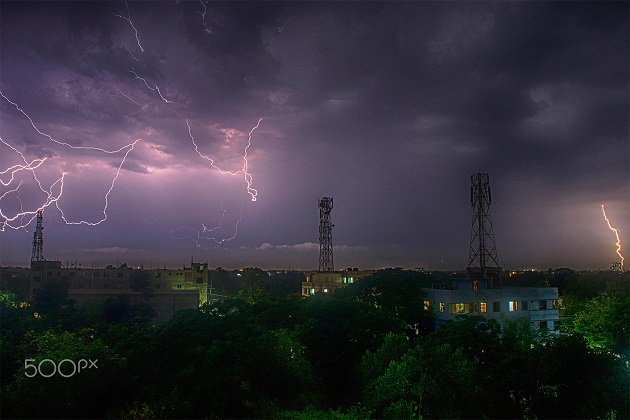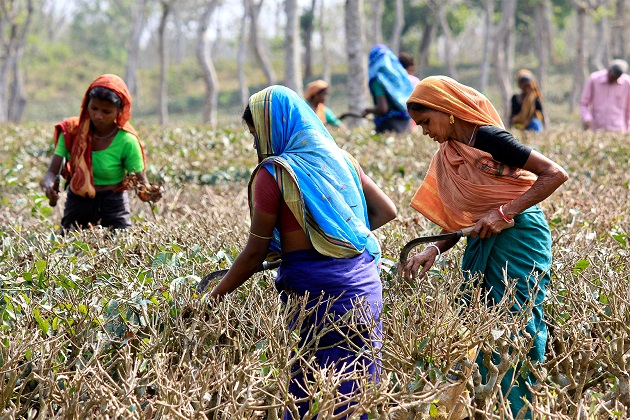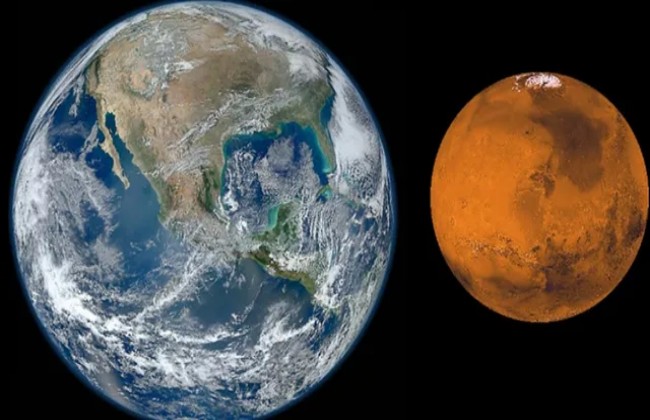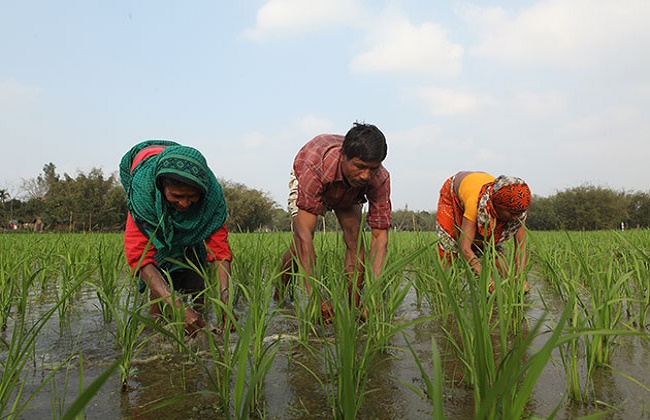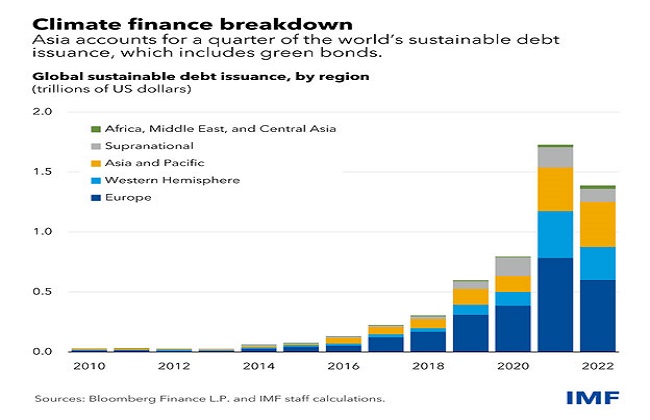Over several decades, Bangladesh has seen an increase in the frequency of lightnings and, consequently, an increase in fatalities resulting from lightning strikes. Researchers have linked the increased frequency of lightning with climate change. As for the increased death toll, they blame the country’s inadequate early warning systems and big tree
3rd Anniversary 2024
Herbicide used in Bangladesh tea threatens biodiversity & health
Tea has been an integral part of Bangladeshi life for long. From breakfast to evening chat, tea is a favorite drink to serve. Besides Bangladesh, tea is among the most popular drinks in countries like India, China, Japan and the United Kingdom. During British colonial rule, the first tea production in
New evidence for an unexpected player in Earth’s multimillion-year climate cycles
Our existence is governed by natural cycles, from the daily rhythms of sleeping and eating, to longer patterns such as the turn of the seasons and the quadrennial round of leap years. After looking at seabed sediment stretching back 65 million years, we have found a previously undetected cycle to add
Abusive use of veto power against global public opinion – why?
With its current cash crisis, UN’s leadership is finding itself in a helpless situation both politically and financially. The UN’s credibility has reached rock bottom. Abusive use of veto power against global public opinion over the years, more so in recent times, have thrown spanners at all potentially meaningful efforts at
Climate change taking a major toll on Bangladesh agriculture
Half the world eats rice. In Bangladesh, everyone eats it. The small, densely-populated nation is the third-highest rice-producing country in the world. For a nation of 170 million people which has suffered through some of the world’s worst famines, this ranking holds special significance. While Bangladesh is mostly self-sufficient in food
Alarming rise in journalists killed in conflict zones last year, says UNESCO
The Paris-based UN Educational, Scientific and Cultural Organization (UNESCO), whose mandate includes promoting the safety of journalists and ensuring press freedom worldwide, has pointed out that 2023 has been a particularly deadly year for journalists who work in conflict zones. Audrey Azoulay, UNESCO Director-General, said at least 38 journalists and media
AI creating fake legal cases and making its way into real courtrooms
We’ve seen deepfake, explicit images of celebrities, created by artificial intelligence (AI). AI has also played a hand in creating music, driverless race cars and spreading misinformation, among other things. It’s hardly surprising, then, that AI also has a strong impact on our legal systems. It’s well known that courts must decide
The Future of the WTO: Multilateral or Plurilateral?
Since its 1947 inception as the General Agreement on Tariffs and Trade, the World Trade Organization (WTO) has generally practiced an all‐or‐nothing approach to multilateral negotiations in which the consensus of all WTO members was for trade liberalization. Although this approach worked throughout the second half of the 20th century,
How Asia can unlock $800 billion of climate financing
Countries in the Asia-Pacific region face a shortfall of at least $800 billion in climate financing. With public finances depleted by the pandemic, policymakers must unlock the vast potential of private capital to join the fight more effectively against global warming. Doing so will demand a coordinated and multi-faceted approach by
Global South stagnating under heavier debt burden
Much higher interest rates – due to Western central banks – are suffocating developing nations, especially the poorest, causing prolonged debt distress and economic stagnation. US Fed-induced stagnation After the greatest US Fed-led surge in international interest rates in more than four decades, developing countries spent $443.5 billion to service their external

